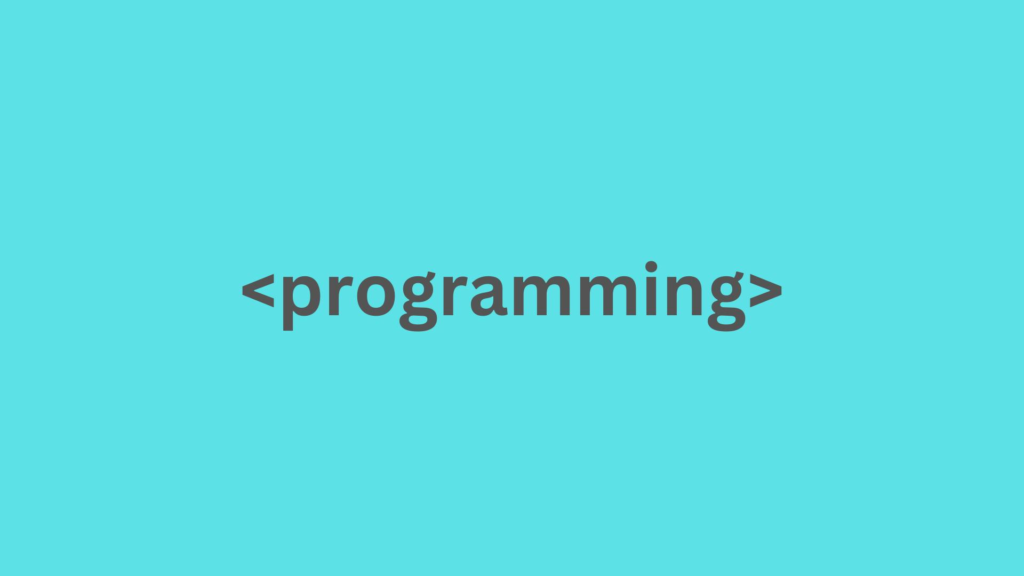
Beyond the Names: Java vs JavaScript Compared – Key Differences Every Developer Should Know
Despite their similar names, Java and JavaScript are fundamentally different programming languages that serve distinct purposes in software development. This comprehensive comparison explores their key differences, similarities, and ideal use cases to help developers make informed technology choices.
Table of Contents
- Origins and History
- Language Type and Runtime Environment
- Syntax and Structure
- Performance Characteristics
- Use Cases and Applications
- Key Similarities
- Framework Ecosystems
- Job Market Comparison
- Learning Curve
- When to Choose Java vs JavaScript
- FAQ
Origins and History
Java
Developed by James Gosling at Sun Microsystems (now owned by Oracle) in 1995, Java was designed with the principle of “write once, run anywhere” (WORA). This meant creating a language that could run on any device with a Java Virtual Machine (JVM), making it platform-independent.
JavaScript
Despite its name, JavaScript has little relation to Java. Created by Brendan Eich at Netscape in just 10 days in 1995, JavaScript was initially named “Mocha,” then “LiveScript,” before settling on “JavaScript” as a marketing strategy to capitalize on Java’s popularity. The language was developed to add interactivity to web pages, transforming static HTML websites into dynamic experiences.
Language Type and Runtime Environment
Java
- Type: Statically typed, compiled language
- Execution: Compiled to bytecode that runs on the JVM
- Compilation Process: Source code (.java) → Bytecode (.class) → Execution on JVM
- Memory Management: Automatic garbage collection
JavaScript
- Type: Dynamically typed, interpreted language
- Execution: Runs directly in browsers via JavaScript engines like V8 (Chrome), SpiderMonkey (Firefox)
- Server-side Execution: Node.js allows JavaScript to run outside browsers
- Memory Management: Automatic garbage collection with different algorithms than Java
Syntax and Structure
While both languages use C-style syntax with curly braces and semicolons, they differ significantly in implementation:
Java Example:
javapublic class HelloWorld {
public static void main(String[] args) {
String message = "Hello, World!";
System.out.println(message);
}
}
JavaScript Example:
javascriptfunction sayHello() {
const message = "Hello, World!";
console.log(message);
}
sayHello();
Key Syntax Differences:
- Java requires explicit class definitions and type declarations
- JavaScript allows more flexible, functional programming approaches
- Java methods must belong to classes, while JavaScript functions can exist independently
- JavaScript supports both object-oriented and functional programming paradigms
Performance Characteristics
Java
- Generally offers better performance for CPU-intensive applications
- JVM optimization techniques like Just-In-Time compilation
- Strong performance for backend systems, big data processing, and enterprise applications
- Multithreading capabilities built into the language
JavaScript
- Historically slower but dramatically improved with modern engines
- Optimized for asynchronous operations and event-driven programming
- Excellent for UI responsiveness and interactive applications
- Single-threaded with event loop (though Web Workers and Node.js Worker Threads exist)
Use Cases and Applications
Java Excels In:
- Enterprise-level backend systems
- Android mobile application development
- Big data technologies (Hadoop, Spark)
- Financial services and banking applications
- Large-scale web services and APIs
JavaScript Dominates In:
- Frontend web development (client-side scripting)
- Single-page applications (SPAs)
- Server-side development with Node.js
- Cross-platform mobile development (React Native)
- Real-time applications and chat systems
Key Similarities
Despite their differences, Java and JavaScript share some commonalities:
- Object-Oriented Features: Both support object-oriented programming concepts
- C-Style Syntax: Curly braces, semicolons, and similar operators
- Garbage Collection: Automatic memory management
- Rich Ecosystems: Extensive libraries and frameworks
- Community Support: Large developer communities and resources
Framework Ecosystems
Java Frameworks
- Spring and Spring Boot: Enterprise application development
- Hibernate: Object-relational mapping
- Apache Struts: Web application framework
- JavaFX: Desktop application development
- Android SDK: Mobile application development
JavaScript Frameworks
- Frontend: React, Angular, Vue.js
- Backend: Express.js, Nest.js, Koa
- Full-stack: Next.js, Nuxt.js, Meteor
- Mobile: React Native, Ionic
- Desktop: Electron
Job Market Comparison
Both languages consistently rank among the most in-demand programming skills, but with different focus areas:
Java Job Market
- Typically higher average salaries
- Strong demand in enterprise environments
- Prevalent in finance, insurance, and larger tech companies
- Often associated with more senior development roles
JavaScript Job Market
- Nearly universal demand across web development
- Essential skill for frontend positions
- Growing demand for full-stack developers
- Diverse opportunities from startups to enterprises
According to recent developer surveys, JavaScript continues to be the most commonly used programming language, while Java maintains strong positioning in the top five.
Learning Curve
Java
- More structured learning path
- Stricter syntax requiring more initial setup
- Strong typing helps catch errors early
- Typically taught in computer science education
JavaScript
- Lower barrier to entry
- Quicker to start creating visible results
- More forgiving syntax but can lead to difficult-to-diagnose bugs
- Dynamic typing requires careful attention to avoid runtime errors
When to Choose Java vs JavaScript
Choose Java When:
- Building enterprise-level applications
- Performance is critical
- Strong typing and compile-time checks are needed
- Developing for Android
- Working with big data processing
Choose JavaScript When:
- Creating web interfaces and interactive experiences
- Rapid prototyping is a priority
- Building real-time applications
- Developing cross-platform applications with a single codebase
- Working with JSON data structures
FAQ
Is Java the same as JavaScript?
No, they are entirely different programming languages despite the similar names. Java is a compiled, statically-typed language used primarily for backend and Android development, while JavaScript is an interpreted, dynamically-typed language primarily used for web development.
Which is easier to learn: Java or JavaScript?
Most beginners find JavaScript easier to start with due to its more forgiving syntax and immediate visual feedback when working with web interfaces. Java has a steeper initial learning curve but may provide stronger foundations for understanding programming concepts.
Can I use both Java and JavaScript together?
Absolutely! Many modern applications use Java on the backend and JavaScript on the frontend. They can communicate via APIs, creating powerful full-stack applications that leverage the strengths of both languages.
Which language pays better: Java or JavaScript?
Both languages command competitive salaries. Java developers often have slightly higher average salaries, particularly in enterprise environments, but senior JavaScript developers with specialized framework knowledge can earn comparable compensation.
Will AI replace Java or JavaScript developers?
While AI tools are enhancing developer productivity through code suggestions and automation, the complex problem-solving and architectural decisions required in Java and JavaScript development still need human expertise. Both languages continue to evolve with new features and frameworks, requiring ongoing professional development.
Conclusion
The choice between Java and JavaScript ultimately depends on your specific use case, project requirements, and development goals. Many developers benefit from learning both languages to expand their versatility across different development scenarios.
Java’s robustness and performance make it ideal for enterprise systems and resource-intensive applications, while JavaScript’s flexibility and ubiquity in web browsers make it essential for modern interactive applications.
Rather than viewing them as competitors, consider Java and JavaScript as complementary tools in a developer’s toolkit, each with distinct strengths that can be leveraged for different aspects of application development.
